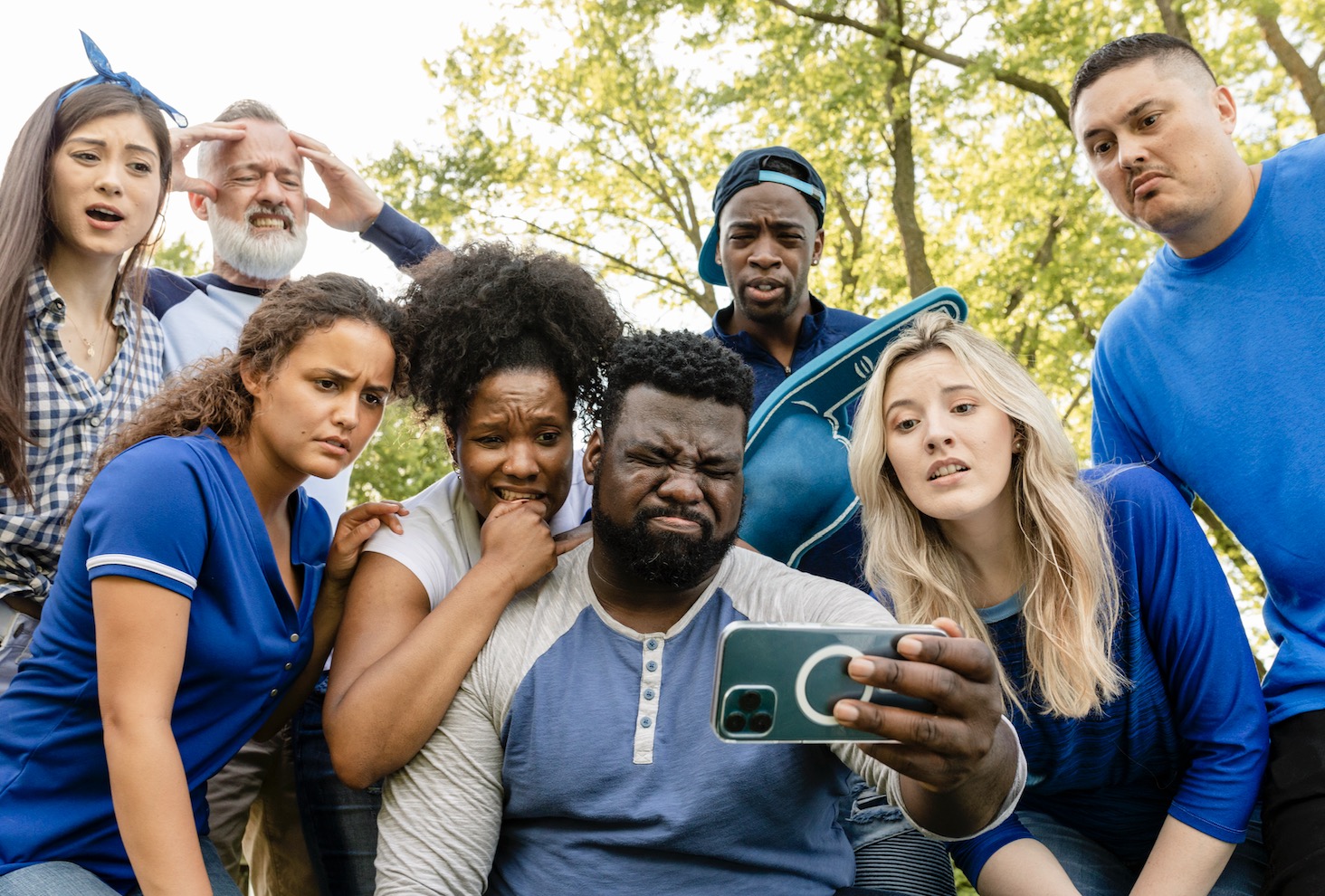How Abuse of Social Media could Lead to Human Rights Violation

On this page we briefly state how abuse of social media could lead to human rights violation:
Abuse of social media can lead to human rights violations by enabling the spread of misinformation, harassment, and incitement to violence, which can infringe on individuals’ rights to privacy, security, and freedom of expression.
When social media platforms are misused to disseminate false information, it can lead to widespread panic, prejudice, and potential harm. This was evident in instances where misinformation about ethnic groups or health practices led to violence or discriminatory actions against certain communities. Harassment on social media, whether through cyberbullying or coordinated attacks, can severely impact individuals’ mental health and well-being, leading to long-term psychological trauma. Furthermore, social media can be a tool for inciting violence by organizing or promoting violent events, which directly threatens the physical safety of individuals. Thus, the unchecked abuse of these platforms poses significant risks to human dignity and the upholding of human rights.
Spread of Misinformation
When social media is used to spread false information, it can directly impact public behavior and societal norms, often leading to real-world consequences. For instance, during the COVID-19 pandemic, misinformation regarding the virus and its vaccinations proliferated on social platforms, leading to vaccine hesitancy and unsafe health practices. This not only endangered individual health but also public health, undermining efforts to control the pandemic. Similarly, false reports and rumors about ethnic violence in countries like India and Myanmar have led to riots and attacks on minorities, showcasing how digital falsehoods can escalate into physical violence.
Harassment and Cyberbullying
Social media platforms can also be arenas for severe harassment and bullying. The anonymity and reach provided by these platforms facilitate targeted attacks that can lead to distress and harm. An example of this is the tragic case of Amanda Todd, a teenager who was blackmailed and bullied online, which eventually led to her suicide. This case highlights the dire consequences of digital harassment and the need for platforms to enforce strict anti-harassment policies to protect users.
Incitement to Violence
Social media can act as a catalyst for violent activities by providing a space where violent ideologies can spread and radicalize individuals. The live-streaming of the Christchurch mosque shooting in New Zealand on Facebook is a stark example of how social media can be used to broadcast and promote acts of violence. Additionally, platforms like Twitter and Facebook have been used to organize and coordinate riots, as seen during the 2021 U.S. Capitol riots, where users planned and discussed their actions beforehand on these platforms.
The abuse of social media, if unchecked, poses significant threats to the protection of human rights. Misinformation can lead to violence and discrimination, harassment can cause psychological harm, and the incitement of violence can threaten public safety. These examples underscore the importance of responsible use and stringent regulation of social media to prevent these violations and protect human rights.
Human rights that could be violated by abuse of social media
Social media can significantly impact various human rights when misused or abused. Here are some of the key rights that can be affected:
- Right to Privacy: Social media platforms can sometimes compromise an individual’s privacy through the unauthorized sharing and collection of personal data. Instances like data breaches or the misuse of personal information can severely infringe on an individual’s right to privacy.
- Freedom of Expression: While social media can be a platform for free expression, it can also be used to suppress speech through online harassment, cyberbullying, or by creating an atmosphere of intimidation. Additionally, excessive censorship or arbitrary bans by platforms can also infringe on this right.
- Right to Non-Discrimination: Social media can facilitate the spread of hate speech and discriminatory content, which can promote real-world discrimination against groups or individuals based on race, gender, religion, sexual orientation, and more.
- Right to Security and Safety: The use of social media to coordinate or incite violence can pose serious risks to individuals’ physical safety. This includes threats, doxxing (publicly releasing private or identifying information), and other forms of online harassment that can lead to real-world violence.
- Right to a Fair Trial: Social media can affect this right through the dissemination of biased information or public opinion that could influence judicial proceedings. The “trial by social media” phenomenon can lead to prejudgments that may impact the fairness of judicial processes.
To safeguard these rights, it’s important for regulations and guidelines governing social media use to balance freedom of expression with protections against harm, ensuring that the internet remains a safe and equitable space for all users.
